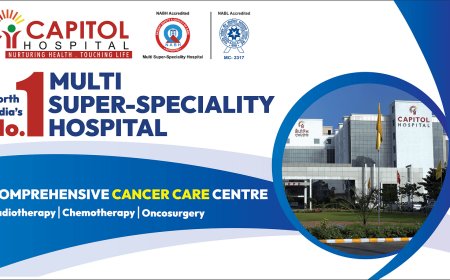In Conversation: What makes a Diet truly Heart-Healthy?
Two nutrition studies recently made the headlines when they sounded alarm bells regarding the impact of dietary choices on heart health.

What are the “ingredients” of a truly heart-healthy diet, and which foods should we avoid and why if we want to lower our risk of cardiovascular disease? This podcast episode finds answers to these and other questions related to heart-healthy dietary choices.
In April 2024, two nutrition studies made the headlines as they emphasized the critical impact of diet on cardiovascular health.

The first study, which appeared in The American Journal of Clinical Nutrition on April 8, was conducted by researchers from the Singapore Institute of Food and Biotechnology Innovation, and the Agency for Science, Technology and Research in Singapore.
It involved 89 adults that were at risk for type 2 diabetes, and it made a finding that might, at first, sound surprising, namely: That eating plant-based meat substitutes offered no significant benefits to heart health over actual animal meat.
The second study — whose results were presented at the American College of Cardiology’s Annual Scientific Session at the beginning of April, 2024 — was led by experts from Piedmont Athens Regional Hospital in Athens, GA.
It analyzed data from 3,170 participants in the National Health and Nutrition Examination Survey
(NHANES)Trusted Source in the United States, all of whom were adults with cardiovascular disease.
This study found that 89% of these consumed more than double the “ideal” allowance recommended by the American Heart Association, of 1,500 milligrams (mg)Trusted Source of sodium (salt) per day.
But why are certain foods, regardless of whether or not they are plant-based, so bad for the heart? How does salt impact the cardiovascular system? And what makes a diet truly heart-healthy?
In this episode of In Conversation, we discuss these questions and heart-healthy diet tips in conversation with our special guest, Prof. Oyinlola Oyebode, PhD, professor of public health at Queen Mary, University of London, in the United Kingdom.
Oyebode specializes in behavioral risk factors for noncommunicable disease, particularly diet, as well as issues affecting the health of marginalized populations.
What's Your Reaction?




























































